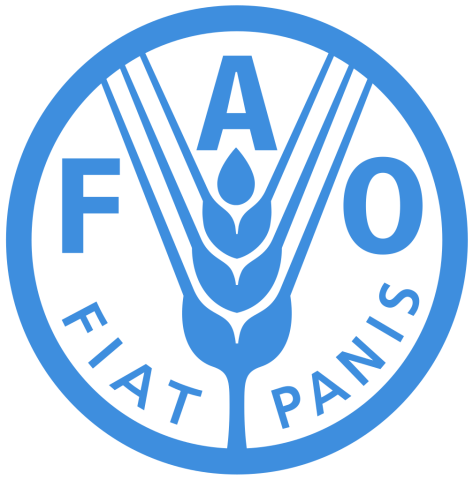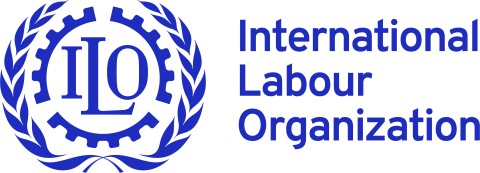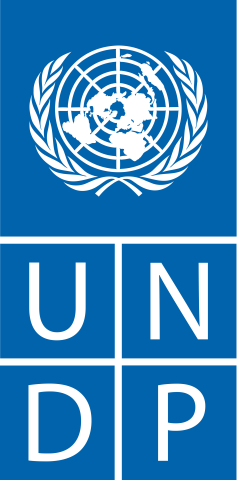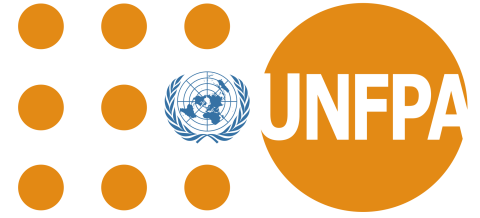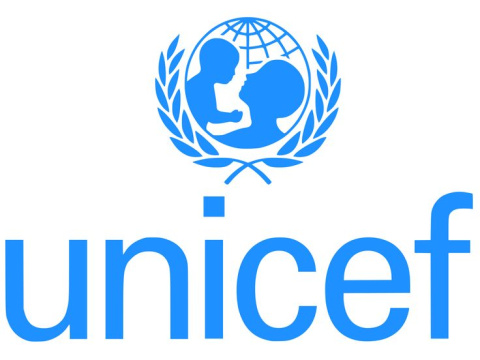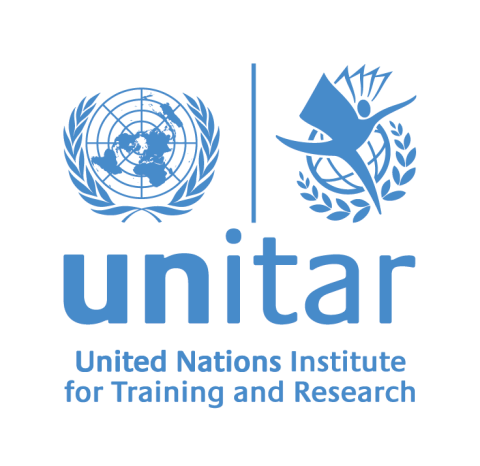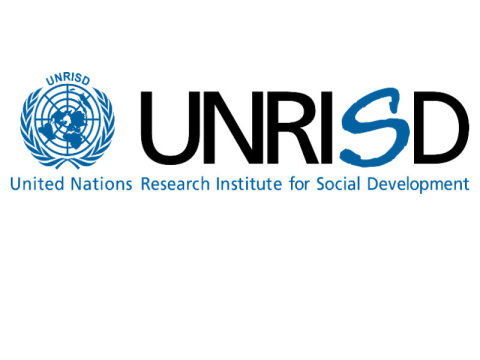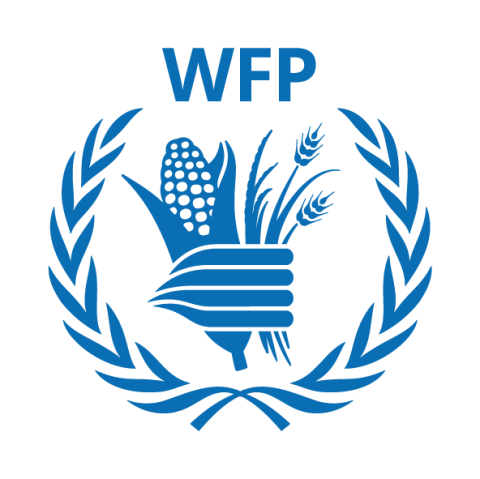
Fil d'Ariane
- Cette page a été traduite à l'aide de la traduction automatique. Lire la suite.
Recherche et classification
Les experts scientifiques de l'OMS définissent le programme mondial de recherche en matière de santé. Ils identifient les lacunes dans les connaissances et les nouveaux domaines de préoccupation. L'OMS collecte et regroupe les résultats, donnant ainsi accès à des informations vitales aux gouvernements et aux médecins du monde entier. Depuis sa création, l'organisation identifie et classe les maladies, point de départ de toutes les activités de recherche, permettant de recueillir des données statistiques sur certaines pathologies. Ces connaissances permettent à l'OMS de formuler des recommandations sur la prévention et le traitement des maladies.
L’ONU finance également la recherche médicale pour améliorer les connaissances et trouver des solutions pour lutter contre les maladies. Le « Programme spécial de recherche et de formation concernant les maladies tropicales » (basé à Genève) en est un exemple. Il se concentre principalement sur les maladies liées à la pauvreté. Par le biais de ce programme, l’ONU finance des activités de recherche et contribue à trouver des solutions efficaces, par exemple pour briser les chaînes d’infection dans les pays touchés.
Contrôle des épidémies
L'ONU a obtenu des succès remarquables dans la lutte contre les maladies infectieuses, ce qu'aucun pays n'aurait pu accomplir seul. L'OMS et l'UNICEF fournissent ensemble des vaccins à 45 % des enfants du monde, sauvant ainsi trois millions de vies chaque année. Grâce à ses campagnes de vaccination sans précédent, l'ONU a éradiqué, ou est sur le point d'éliminer, plusieurs maladies : la variole a été éradiquée en 1979, tandis que la polio, bien que toujours présente, a été réduite de 99 %.
Le système des Nations Unies intervient face à l’émergence de maladies ou à l’augmentation des taux d’infection. En 1996, l’ONUSIDA a été fondée en réaction à la pandémie de VIH. L’organisation s’efforce de réduire le nombre de nouvelles infections par le biais de campagnes de sensibilisation. Elle milite en faveur d’un accès mondial aux traitements et de recherches plus poussées pour améliorer les options de prévention et de traitement, voire même pour trouver un remède. Enfin, l’ONUSIDA fait campagne pour mettre fin à la stigmatisation des personnes vivant avec le VIH ou le sida.
En 2014, l’ONU a déployé sa toute première mission d’urgence sanitaire : du personnel médical et technique de différentes entités de l’ONU s’est rendu en Afrique de l’Ouest en réponse à l’épidémie mortelle d’Ebola – une approche rapide, flexible et inter-entités qui a permis de contenir cette maladie hautement infectieuse.
Grâce à son réseau mondial, l’OMS surveille la propagation des maladies et alerte les États en cas de propagation accrue de virus ou de bactéries. Par exemple, l’OMS a déclaré la maladie à coronavirus 2020 (COVID-19) urgence de santé publique de portée internationale en janvier 2020 et pandémie en mars 2020. Ce mécanisme d’alerte incite les gouvernements à débloquer des ressources financières et techniques pour lutter contre l’épidémie. Dans une telle situation, l’OMS émet également des avis de santé à l’intention des gouvernements et des citoyens.
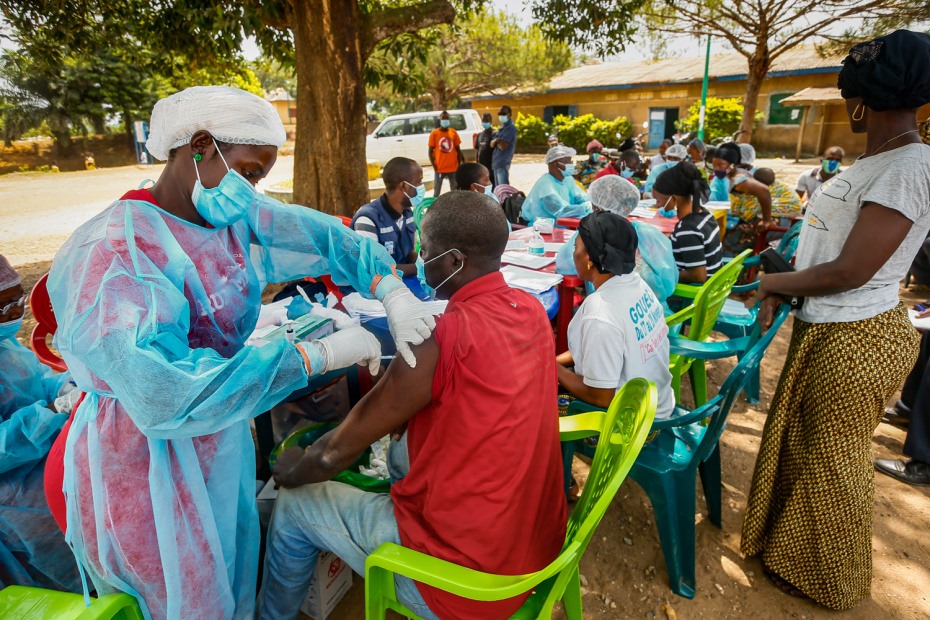
Soutien du gouvernement
Assurance santé universelle
Actuellement, au moins la moitié de la population mondiale n’a pas accès aux services de santé dont elle a besoin. L’ONU aide les gouvernements de multiples façons pour leur permettre de fournir de meilleurs services à leurs citoyens. Dans la plupart des pays, la couverture sanitaire universelle, c’est-à-dire l’accès et le financement des services de santé pour tous, est un objectif qui reste à atteindre. L’ONU aide les pays qui se tournent vers un système de soins de santé public. L’OMS forme des fonctionnaires au financement de la couverture sanitaire universelle et aide les gouvernements à élaborer les politiques nécessaires. Les entités de l’ONU aident également à déterminer les besoins en soins de santé dans chaque pays et conseillent sur les équipements et fournitures médicaux.
Accès égal aux médicaments vitaux
L’ONU milite pour un accès égal aux soins médicaux partout dans le monde. Au plus fort de la pandémie de COVID-19, l’ONU a exhorté les pays industrialisés à faire don de vaccins à d’autres États. L’OMS a coordonné la distribution et l’UNICEF a joué un rôle majeur dans la livraison des vaccins.
En mai 2022 , plus de 11 milliards de doses de vaccin avaient été administrées à des personnes à travers le monde, dont plus de 1,5 milliard ont été expédiées via COVAX, la campagne de vaccination contre la COVID-19 de l'ONU.
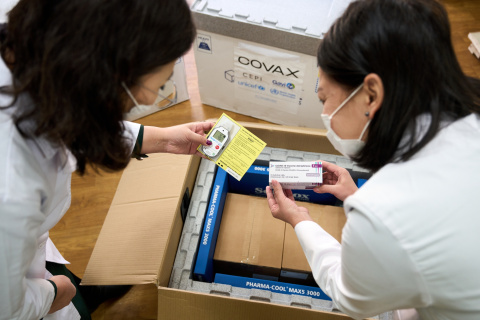
Intervention d'urgence
Les situations d'urgence, qu'elles soient dues à des catastrophes naturelles ou à des conflits ou à des guerres, provoquent des blessures et des maladies et mettent à rude épreuve le système de santé national. Deux facteurs entrent en jeu : les hôpitaux et les cliniques peuvent avoir été détruits ou ne plus être accessibles alors que les besoins en soins de santé explosent. Le système de réponse aux urgences de l'ONU se met en place à l'invitation d'un pays dans le besoin. L'OMS dirige le groupe sectoriel de la santé qui coordonne les agences de l'ONU et les ONG pour évaluer les besoins médicaux et fournir des soins de santé.
Bonne santé et bien-être
L’ONU est convaincue que la santé signifie bien plus que l’absence de maladie. Elle est plutôt définie comme « un état de complet bien-être physique, mental et social ». De nombreuses entités de l’ONU, si ce n’est toutes, contribuent à cet état de santé holistique.
ONU-Habitat et le Programme des Nations Unies pour l'environnement coopèrent pour améliorer la qualité de vie des habitants dans des villes plus vertes, avec moins de pollution atmosphérique, un approvisionnement en eau propre, une gestion des déchets et un accès aux espaces naturels. L' Organisation internationale du travail , dont le siège est à Genève, fait respecter les droits des travailleurs, par exemple le droit aux loisirs et à la récupération, ou le droit de travailler dans un environnement de travail sûr.
Tandis que l'UNFPA œuvre pour la santé sexuelle et reproductive, l'UNICEF se consacre au bien-être des enfants et de leurs parents. L'impact de l'organisation s'étend des maternités, où l'UNICEF fournit des kits de sages-femmes et distingue les hôpitaux amis des bébés qui permettent l'allaitement dès le premier jour, aux programmes nutritionnels pour les enfants mal nourris ou aux systèmes de protection pour les enfants en danger de maltraitance physique ou mentale.
Le HCR , l'organisation des Nations Unies pour les réfugiés, prend en charge tous les besoins des personnes qui ont fui leur foyer, y compris les soins médicaux et psychosociaux. La FAO , le PNUD et le PAM œuvrent à l'approvisionnement en aliments sains, en aidant à mettre en place des techniques agricoles durables ou en conseillant des habitudes alimentaires saines dans différentes régions du monde.
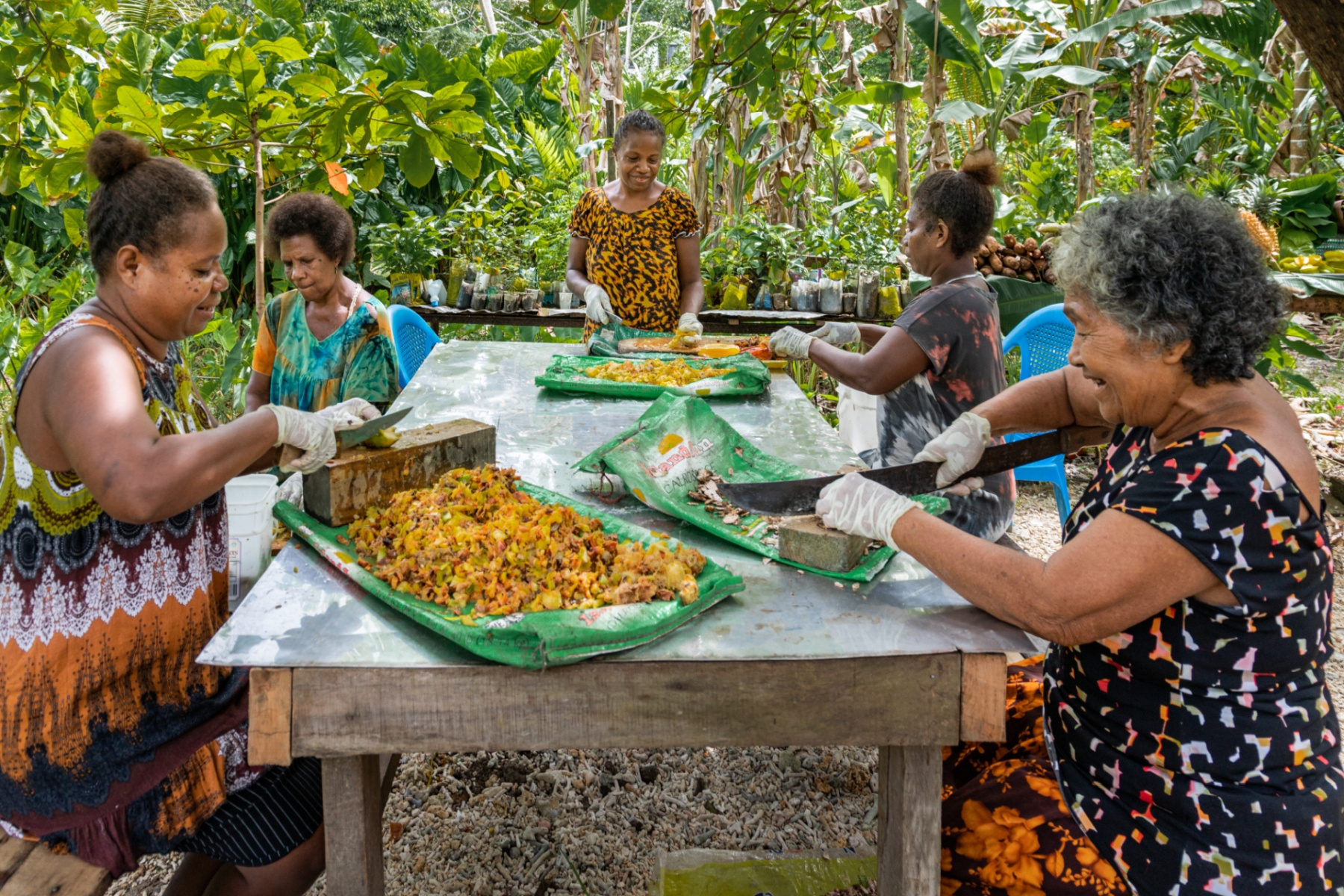
Organisations travaillant sur les questions de santé
L'Organisation des Nations Unies pour l'alimentation et l'agriculture dirige les efforts internationaux pour vaincre la faim. Au service des pays développés et en développement, la FAO agit comme un forum neutre où toutes les nations se rencontrent sur un pied d'égalité pour négocier des accords et [...]
L’Organisation internationale du Travail est l’institution des Nations Unies spécialisée dans les questions liées au monde du travail. Elle rassemble gouvernements, travailleurs et employeurs autour d’une approche de l’avenir du travail centrée sur l’humain, en soutenant la création d’emplois, les [...]
Le Groupe de la Banque mondiale est une institution financière internationale dont la mission est de mettre fin à l’extrême pauvreté et de favoriser le partage de la prospérité sur une planète vivable. Il intervient dans tous les grands domaines du développement et propose un large éventail de [...]
ONU-Eau est le mécanisme de coordination des Nations Unies pour l'eau et l'assainissement. Réunissant plus de 30 entités des Nations Unies et 40 partenaires internationaux, il veille à ce que le système des Nations Unies travaille de concert pour relever les défis liés à l'eau et à l'assainissement [...]
L’ONUSIDA mène l’action à l’échelle mondiale pour mettre fin à l’épidémie de sida comme menace de santé publique d’ici à 2030 dans le cadre des Objectifs de développement durable.
Depuis la découverte des premiers cas de VIH il y a plus de 35 ans en arrière, 78 millions de personnes ont été [...]
Le PNUD est le principal organisme des Nations Unies qui lutte contre l'injustice de la pauvreté, les inégalités et le changement climatique. Travaillant avec un vaste réseau d'experts et de partenaires dans 170 pays, nous aidons les pays à développer des solutions intégrées et durables pour les [...]
L'UNFPA, le Fonds des Nations Unies pour la population, est une agence de développement international qui promeut le droit de chaque femme, homme et enfant à jouir d'une vie en bonne santé et de l'égalité des chances. L'UNFPA aide les pays à utiliser les données démographiques pour les politiques et [...]
L’UNICEF travaille dans les endroits les plus inhospitaliers du monde pour atteindre les enfants et les adolescents les plus défavorisés. Pour défendre les droits de chaque enfant, où qu’il soit. Dans plus de 190 pays et territoires, nous mettons tout en œuvre pour aider les enfants à vivre, à s [...]
En tant qu'organe du système des Nations Unies dédié à la formation, l'Institut des Nations Unies pour la formation et la recherche (UNITAR) fournit des solutions d'apprentissage innovantes aux individus, aux organisations et aux institutions afin d'améliorer la prise de décision au niveau mondial [...]
L'Office des Nations Unies contre la drogue et le crime (ONUDC) a pour mandat de rendre le monde plus sûr face aux drogues, au crime organisé, à la corruption et au terrorisme. L'organisation s'engage à assurer la santé, la sécurité et la justice pour tous en s'attaquant à ces menaces et en [...]
L’Institut de recherche des Nations Unies pour le développement social (UNRISD) est un institut autonome au sein du système des Nations Unies qui entreprend des recherches pluridisciplinaires sur les dimensions sociales des questions actuelles de développement, et qui analyse les politiques menées [...]
Le Programme alimentaire mondial est la première organisation humanitaire au monde. Il sauve des vies dans les situations d’urgence et utilise l’assistance alimentaire pour ouvrir une voie vers la paix, la stabilité et la prospérité au profit de ceux qui se relèvent d’un conflit, d’une catastrophe [...]
L'Organisation mondiale de la Santé (OMS) est l'autorité de direction et de coordination pour la santé au sein du système des Nations Unies. Il est chargé de fournir un leadership sur les problèmes de santé mondiaux, de façonner le programme de recherche en santé, d'établir des normes et des [...]

